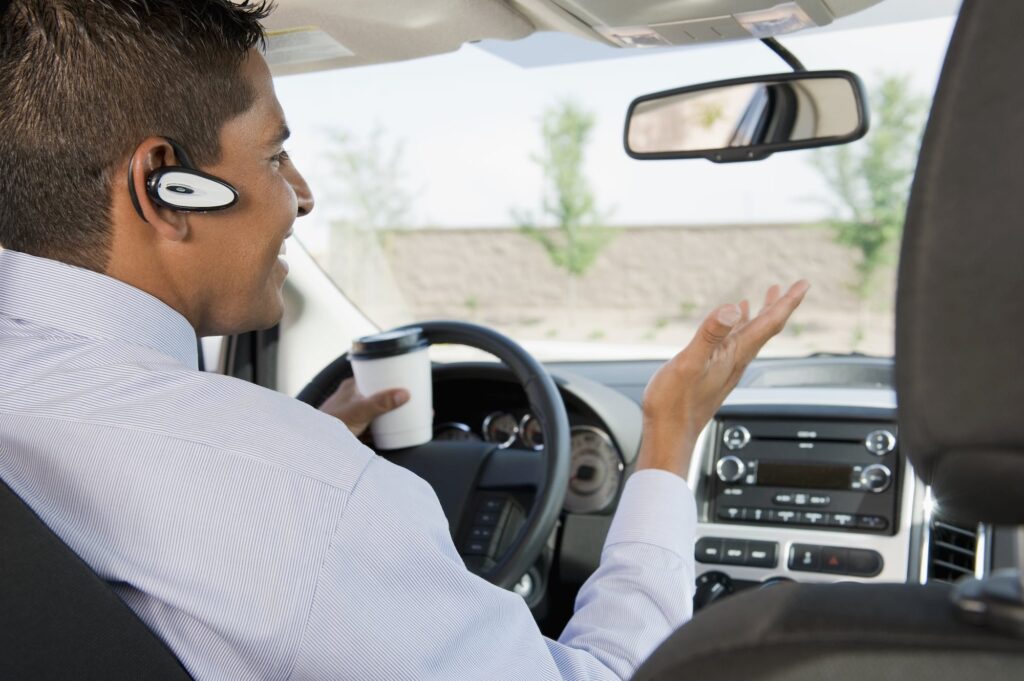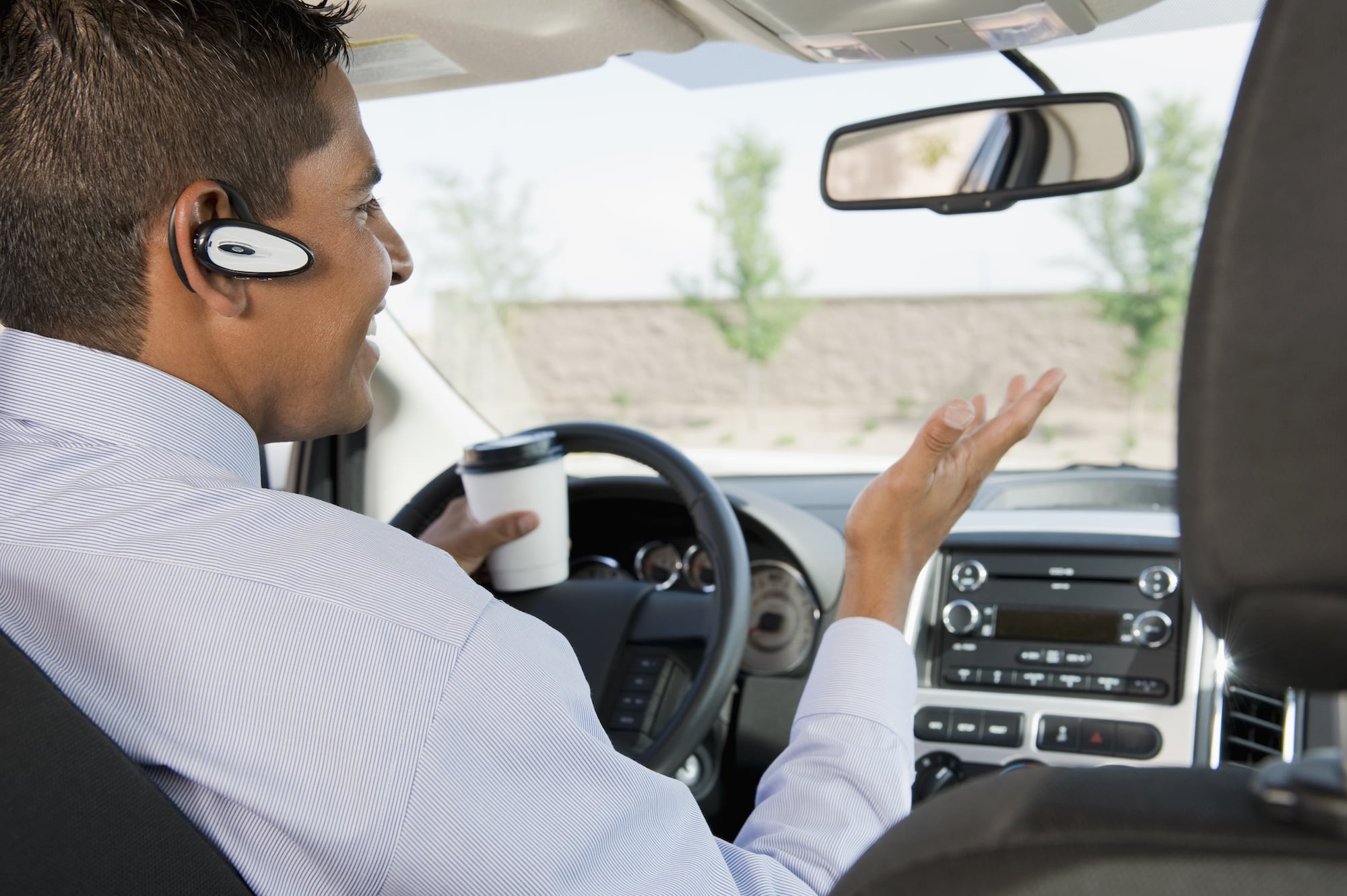Georgia's New Hands Free Law

If you live in Georgia, chances are that you’ve heard of the new “hands-free” law about to go into effect. According to the National Highway Traffic Safety Administration, distracted driving was the cause of nearly 400,000 injury accidents in 2015. In 2016, its estimated that distracted driving was the cause of 3,450 fatal accidents. Nearly all auto accidents in Georgia are the result of one or more drivers not paying attention. The purpose of this new law is to reduce the number of crashes, injuries, and fatalities on Georgia roads. There’s been lots of misinformation floating around the internet and social media regarding this law. In order to make sure that you stay on the right side of the law, we’ve broken the new hands-free law down for you.
Let’s start with the basics:
The law means that you are not allowed to operate your vehicle while operating a cell phone, holding a cell phone with your hand, or supporting your cell phone with any other part of your body. Its also important to note that law enforcement can initiate a traffic stop and write a ticket for violating this law alone. In other words, they do not need to observe any other violation to enforce this law.
What does the law include?
Georgia’s hands-free law includes cell phones, portable telephones or text messaging devices, personal digital assistants, stand alone computers or laptops, GPS receivers, any similar portable wireless device used to send and receive data. The law does NOT include the radio, CB radios, commercial two-way radios, subscription based emergency communication devices, medical devices with a prescription, amateur radio devices, in-car navigation systems.
What are the rules?
A driver may NOT hold or support a wireless telecommunications device with any part of his or her body. The exceptions include earpieces, headphones, and smart watches.
Drivers may not read, send, or receive text messages with the exception of voice-based communications that are converted to written text messages.
GPS may only be accessed by a driver while lawfully parked The screen may be viewed, but the device can not be held or supported by any part of the driver’s body.
Drivers may not watch videos.
Drivers may not record videos unless using a standalone dash camera.
Commercial drivers may not use more than one button to initiate a voice conversation.
Commercial drivers may not reach for a wireless communication device if it causes them to no longer be seated properly in the driver seat or properly restrained by their seat belt.
What are the exceptions?
There are some exceptions for all drivers.
These exceptions include reporting a traffic accident, medical emergency, fire, crime, or hazardous road condition.
Employees or contractors of a utility service provider acting within the scope of their employment while responding to a utility emergency.
First responders during the course of their job duties.
If you’ve been injured by a distracted driver or for more information about Georgia’s new hands free law, call the Law Offices of Kyle E. Koester, LLC at 770-744-5250.

